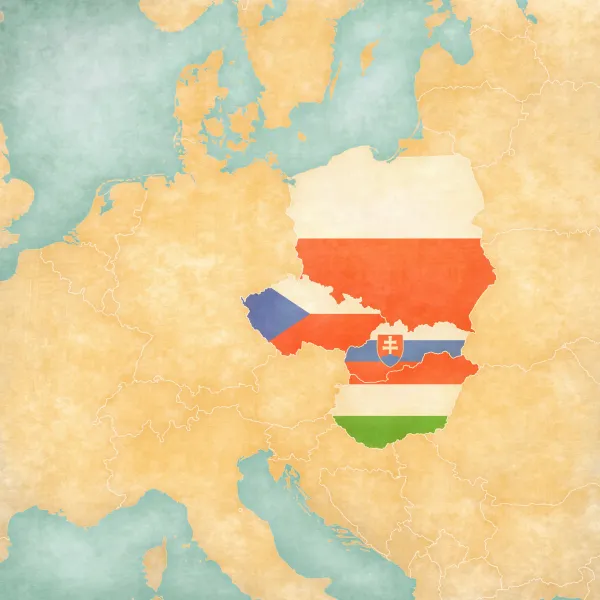
V4: the presidential summit did not bring a renaissance
The presidents of the V4 countries gathered in Esztergom —but the differing views on Russian aggression undermines regional unity.
A collection of 396 posts

The presidents of the V4 countries gathered in Esztergom —but the differing views on Russian aggression undermines regional unity.
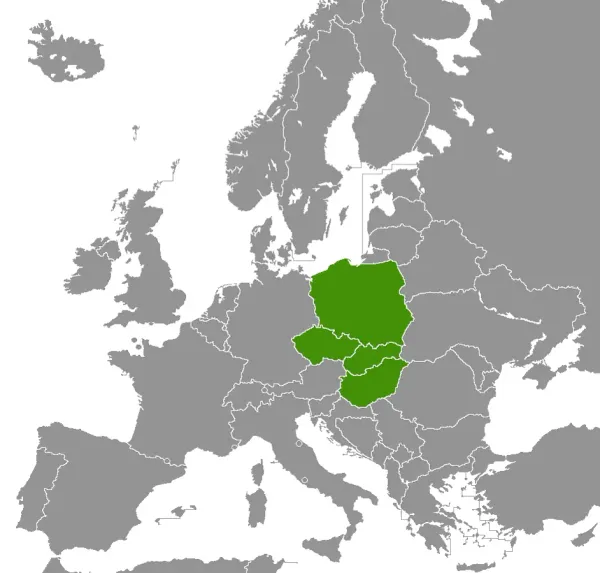
The media landscape in the V4 countries does not show a uniform picture, sending varying messages for potential investors as well.

Public attitudes toward the war in Ukraine vary highly and have shifted significantly across the CEE region.
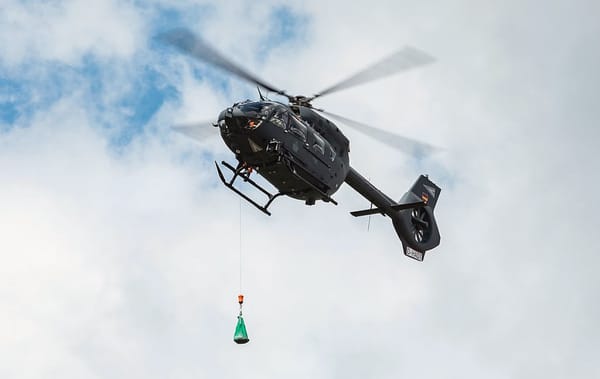
Croatia has concluded that the June 2023 Hungarian military helicopter crash was caused by human error after the crew deviated from its flight path.

CEE countries differ on euro adoption, some view it as a path to convergence, while others wary of potential negative effects.

Orbán’s White House visit secured Hungary’s US sanctions exemptions and imply the start of a golden era in bilateral ties.

As the EU tightens sanctions on Russia, Central European states display contrasting political stances rooted in their priorities and capacities.
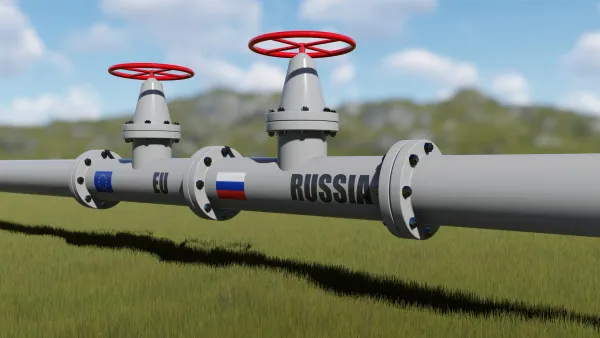
The Central and Eastern European oil market is entering a new era as a result of the US measures aimed at restricting Russian crude exports.

A fire broke out last Monday night at MOL Group’s Danube Refinery in Százhalombatta, damaging one of the largest of its three distillation towers. The incident can have significant impact on regional oil supply and prices.
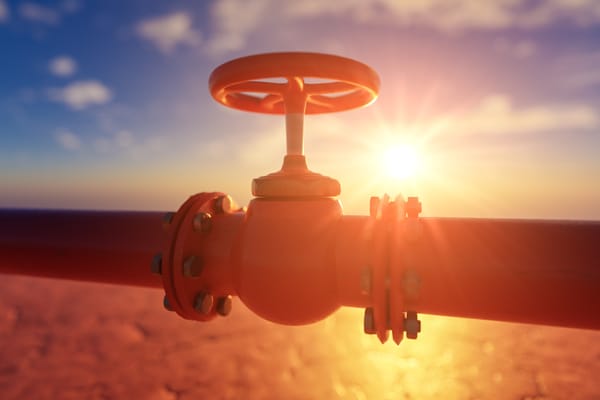
Ukrainian drones have struck at least 10 key Russian energy facilities this month alone, according to US news channel CNN. Attacks on 12, 17 and 21-22 August all targeted Druzhba's same pipeline’s southern leg.

While Hungary and Slovakia welcomed the diplomatic efforts, fellow Visegrad Four members Poland and Czechia joined the Baltic states in rejecting any settlement that bypasses Ukrainian sovereignty.

Like other strategic CRM efforts across Central and Eastern Europe, Chvaletice is emblematic of the policy-delivery gap haunting the bloc’s transition ambitions.

“For Europe, analysis of the historical data shows that a 1% drop in geopolitical alignment is associated with a corresponding 1% decline in trade intensity,” Deloitte observed.
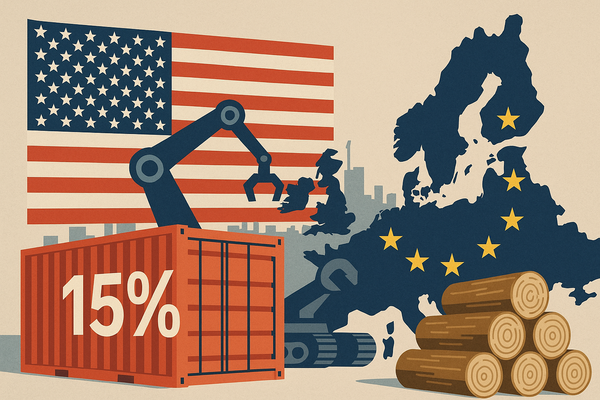
Polish Prime Minister Donald Tusk warned that the duties could cost Poland more than USD 2bn and hurt agriculture and manufacturing, although he called the compromise deal a “lesser evil” to a threatened 30% tariff.
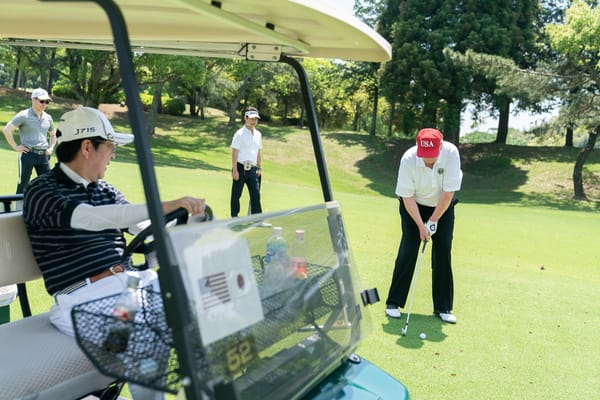
European Commission (EC) President Ursula von der Leyen agreed a new trade deal with US President Donald Trump at Turnberry, south-west Scotland, on 27 July, setting a ceiling of 15% on tariffs for EU goods and averting a wider transatlantic escalation.